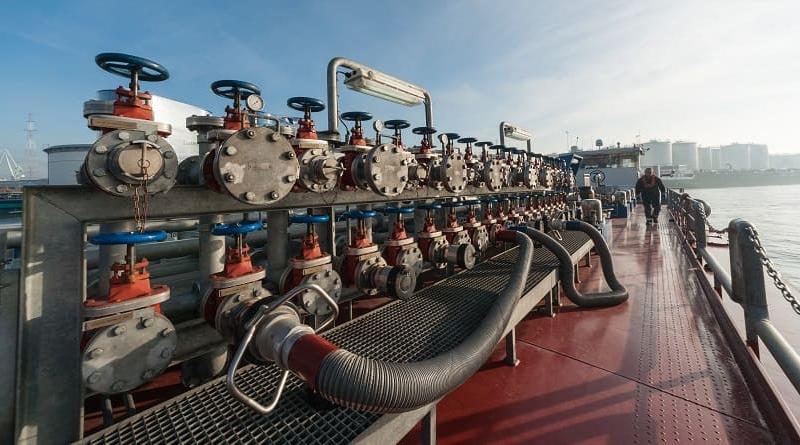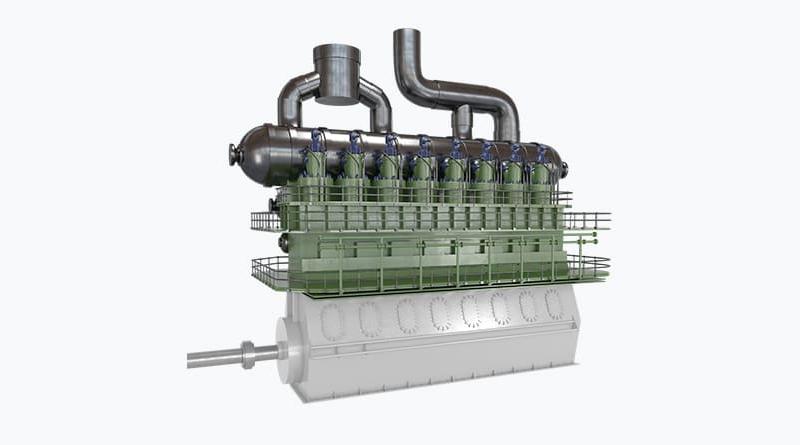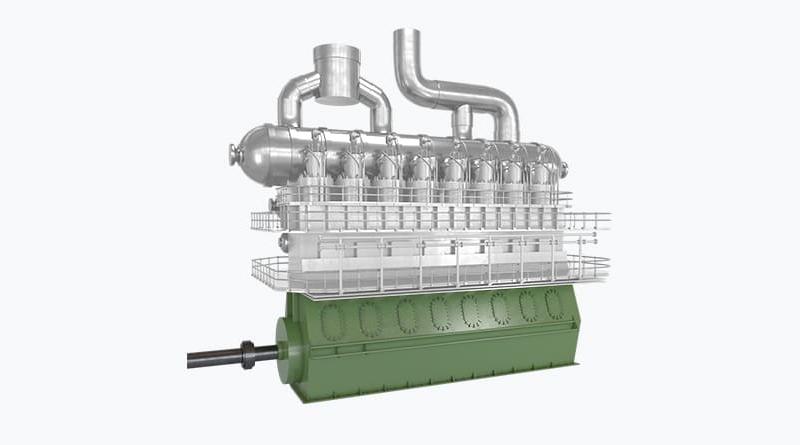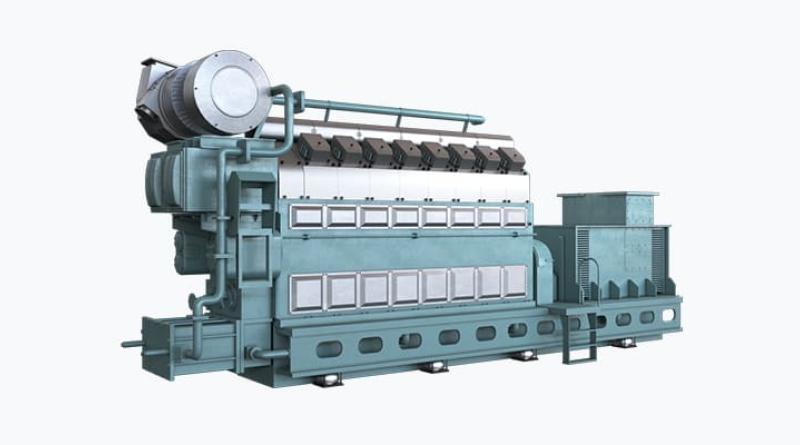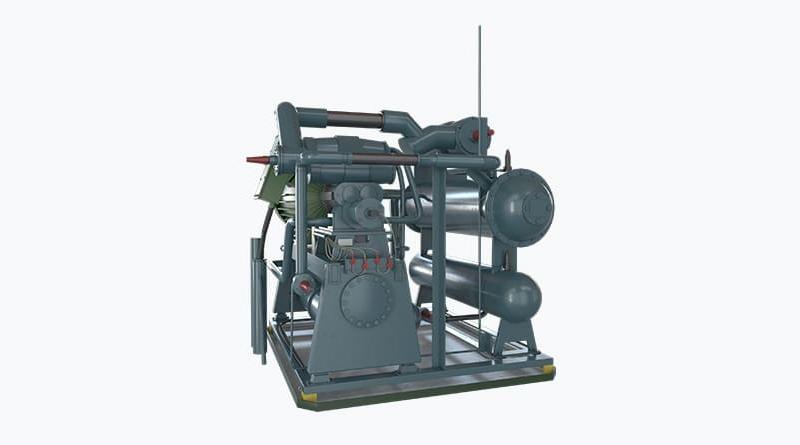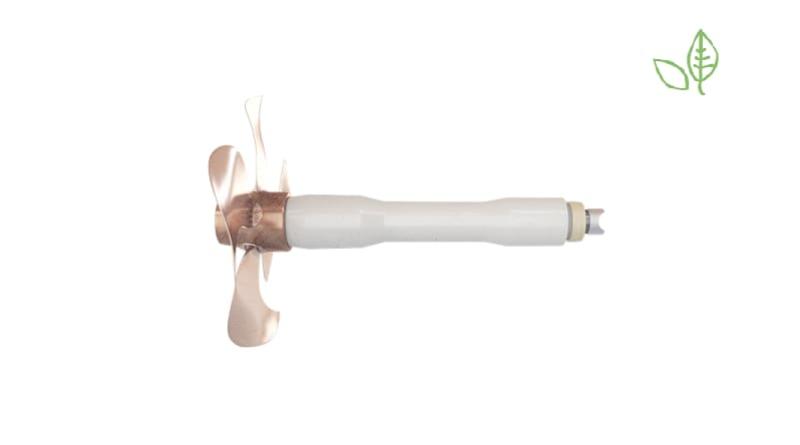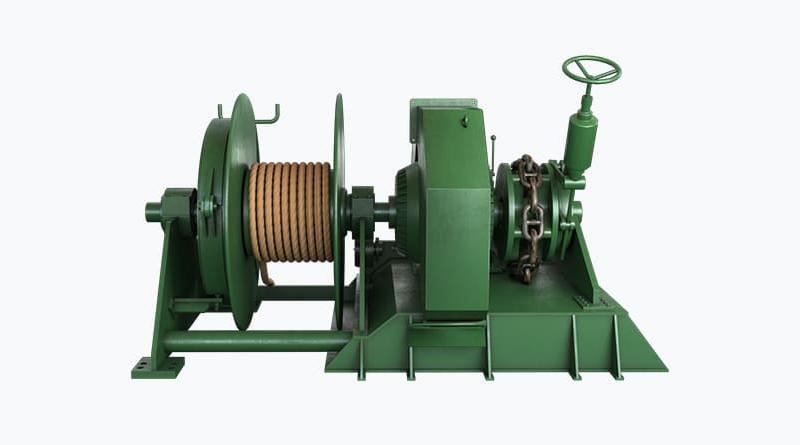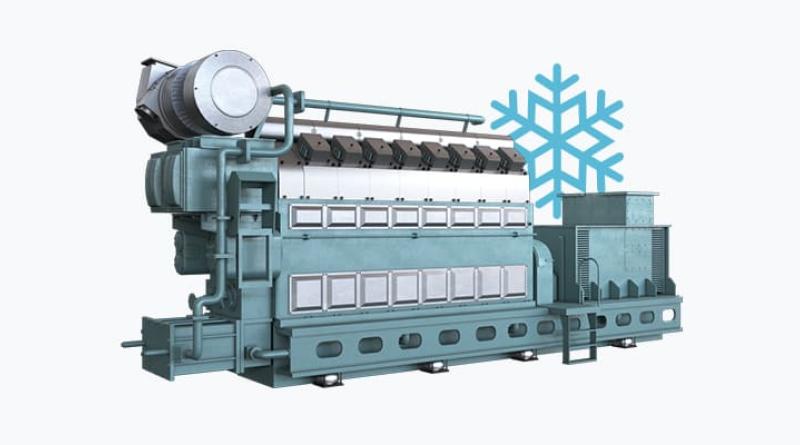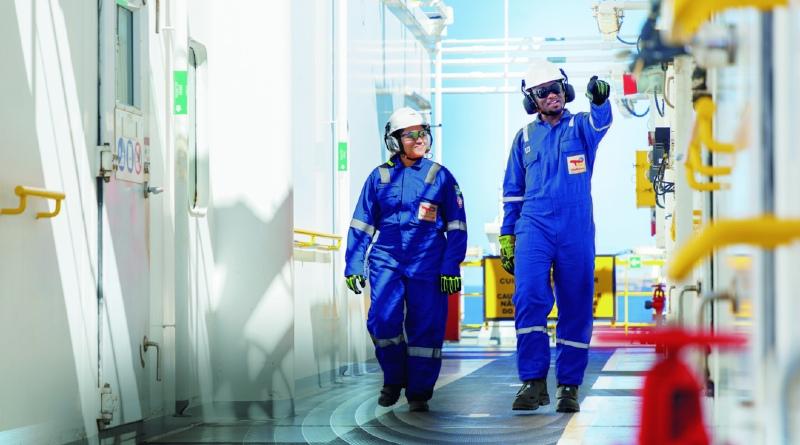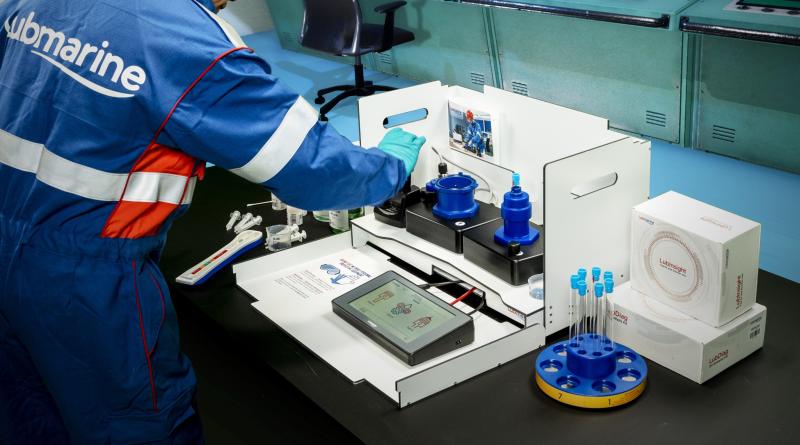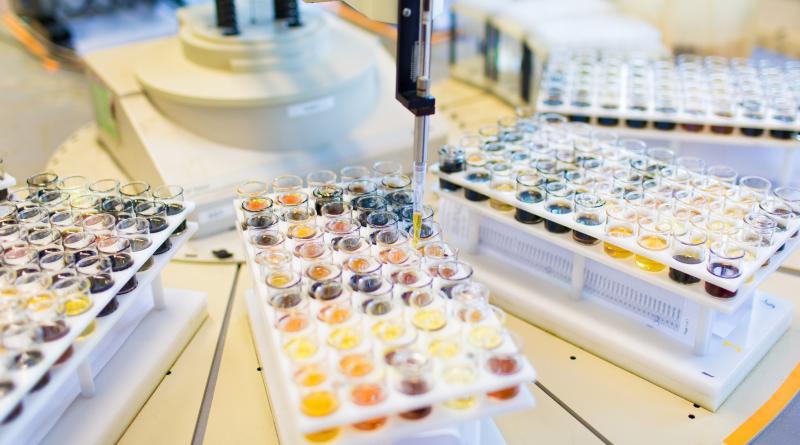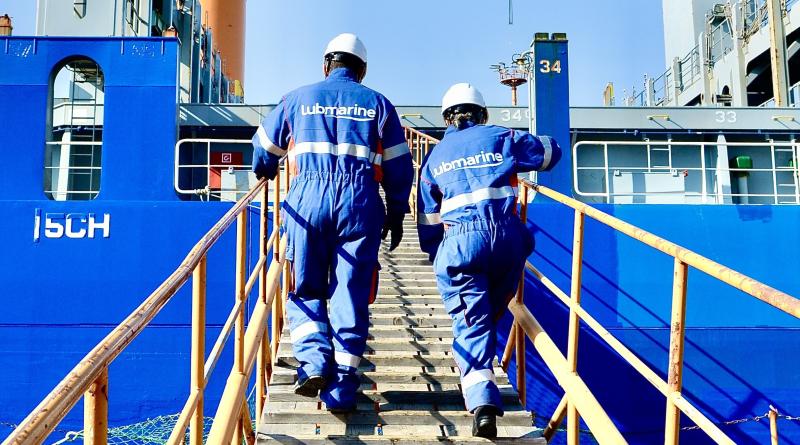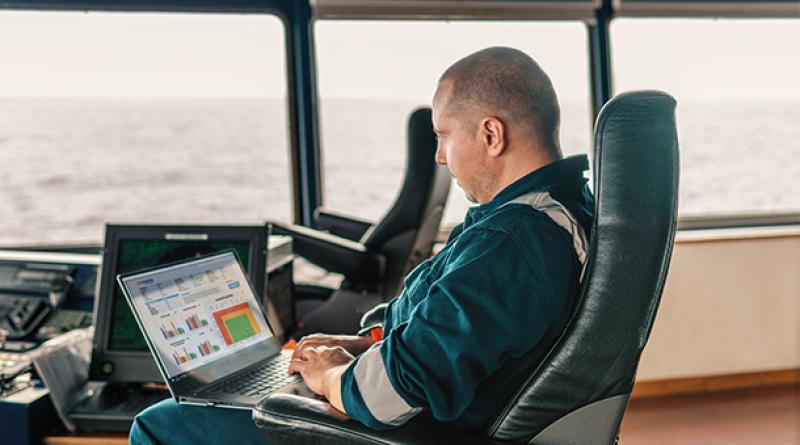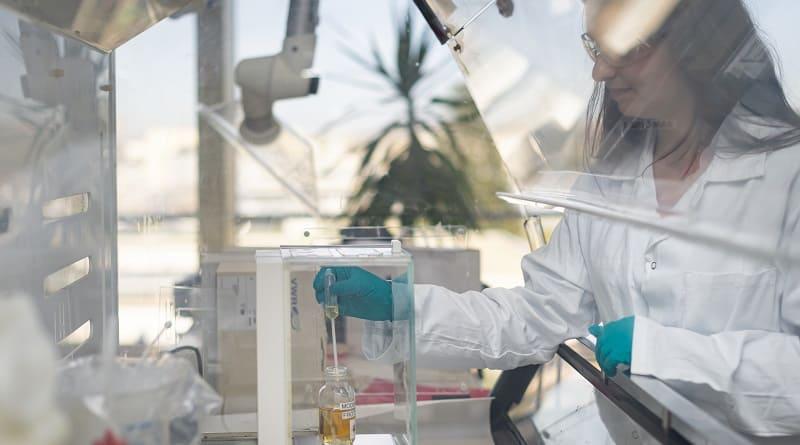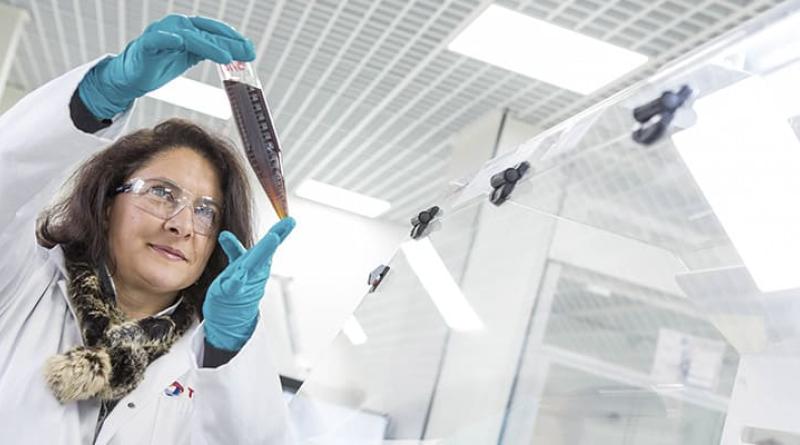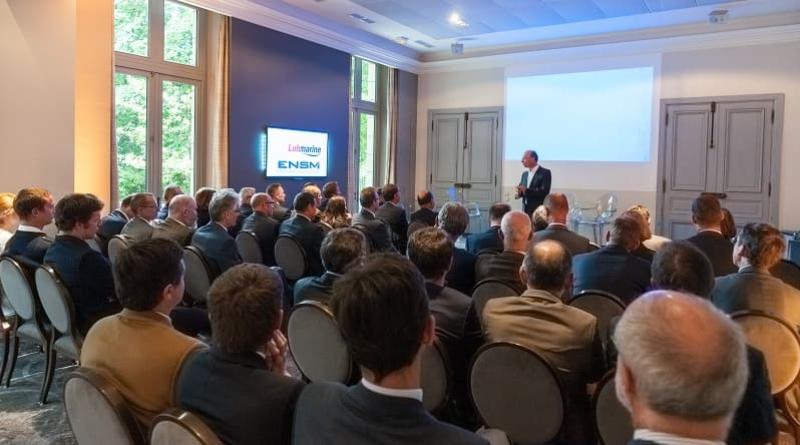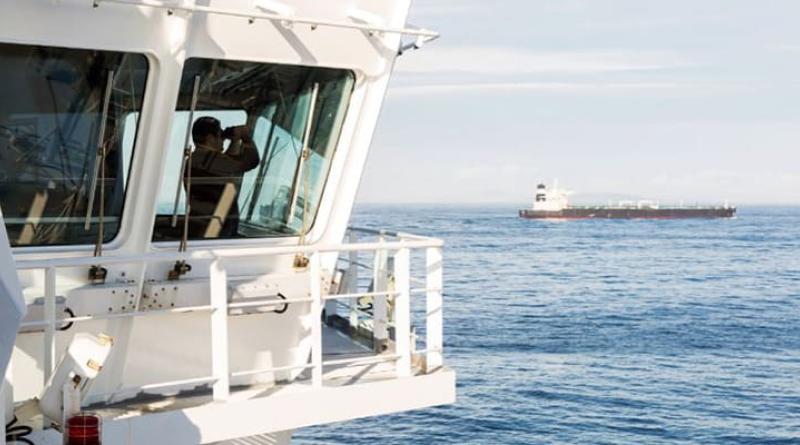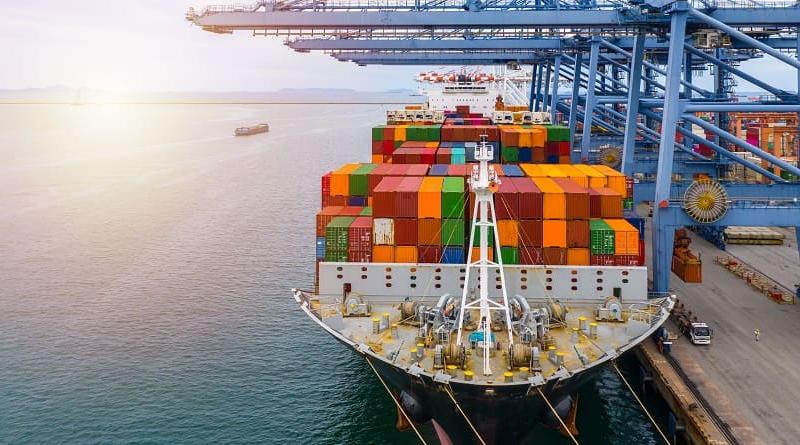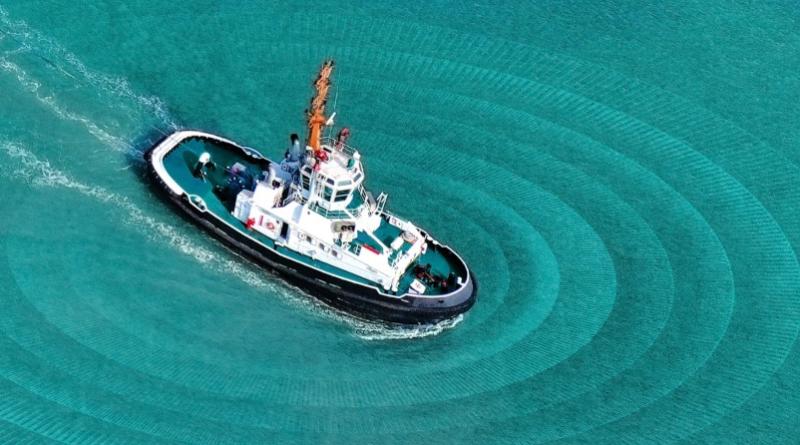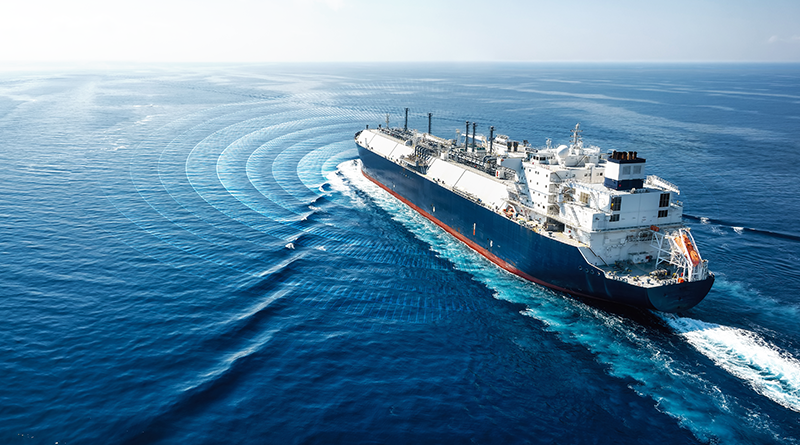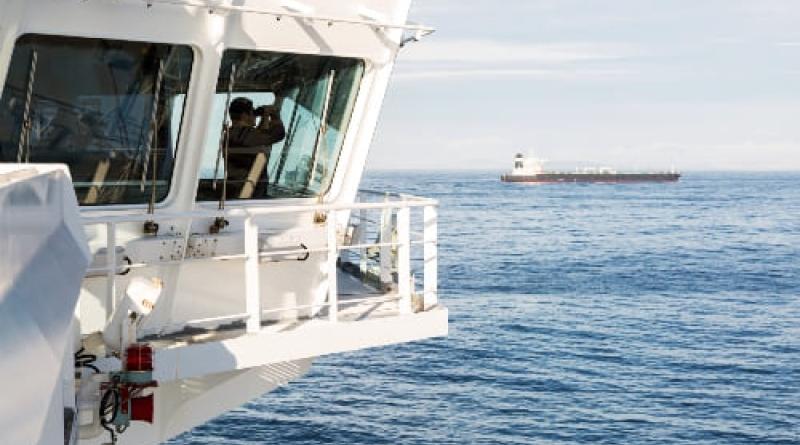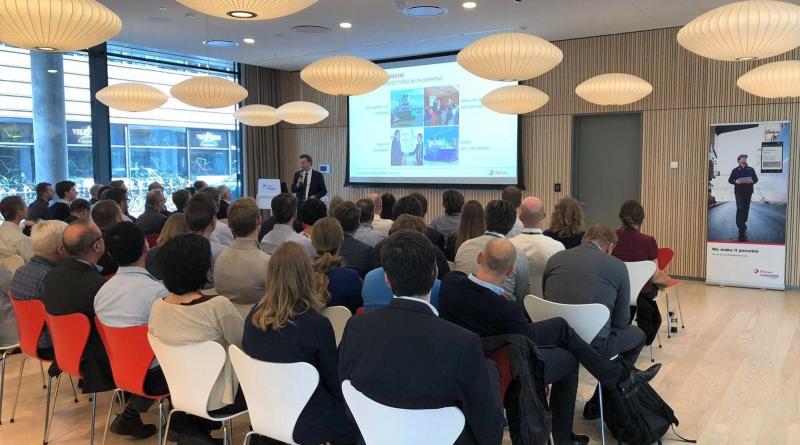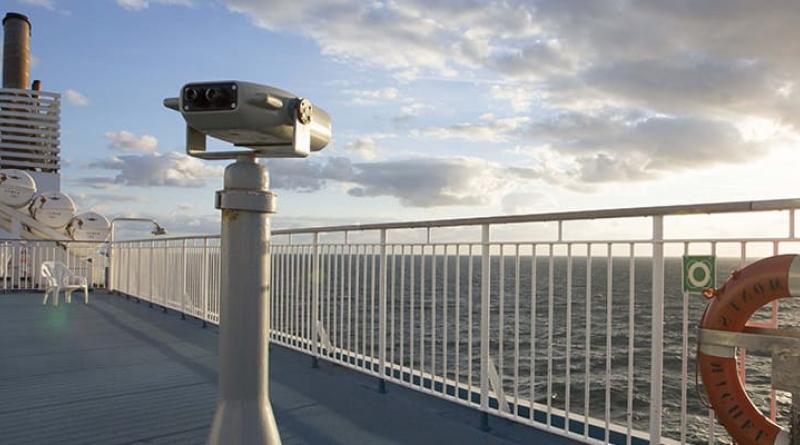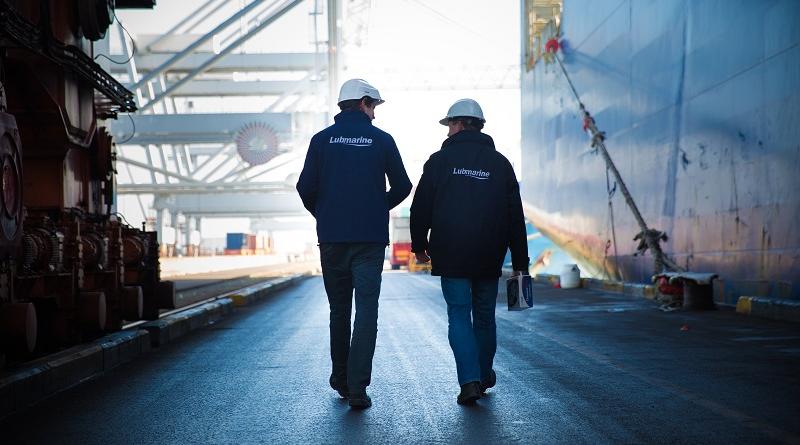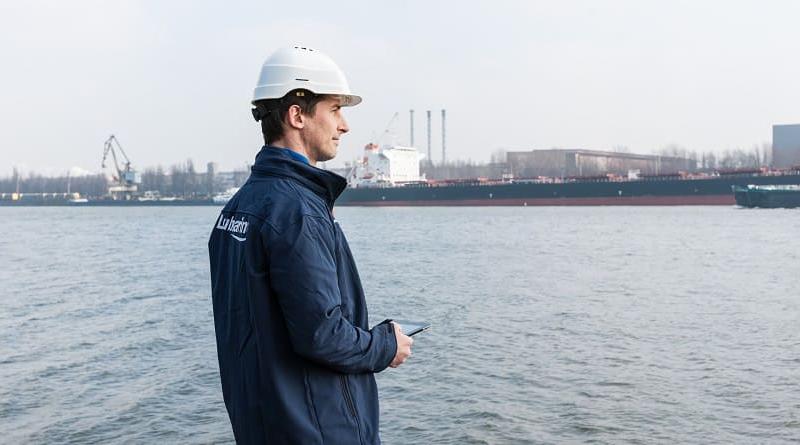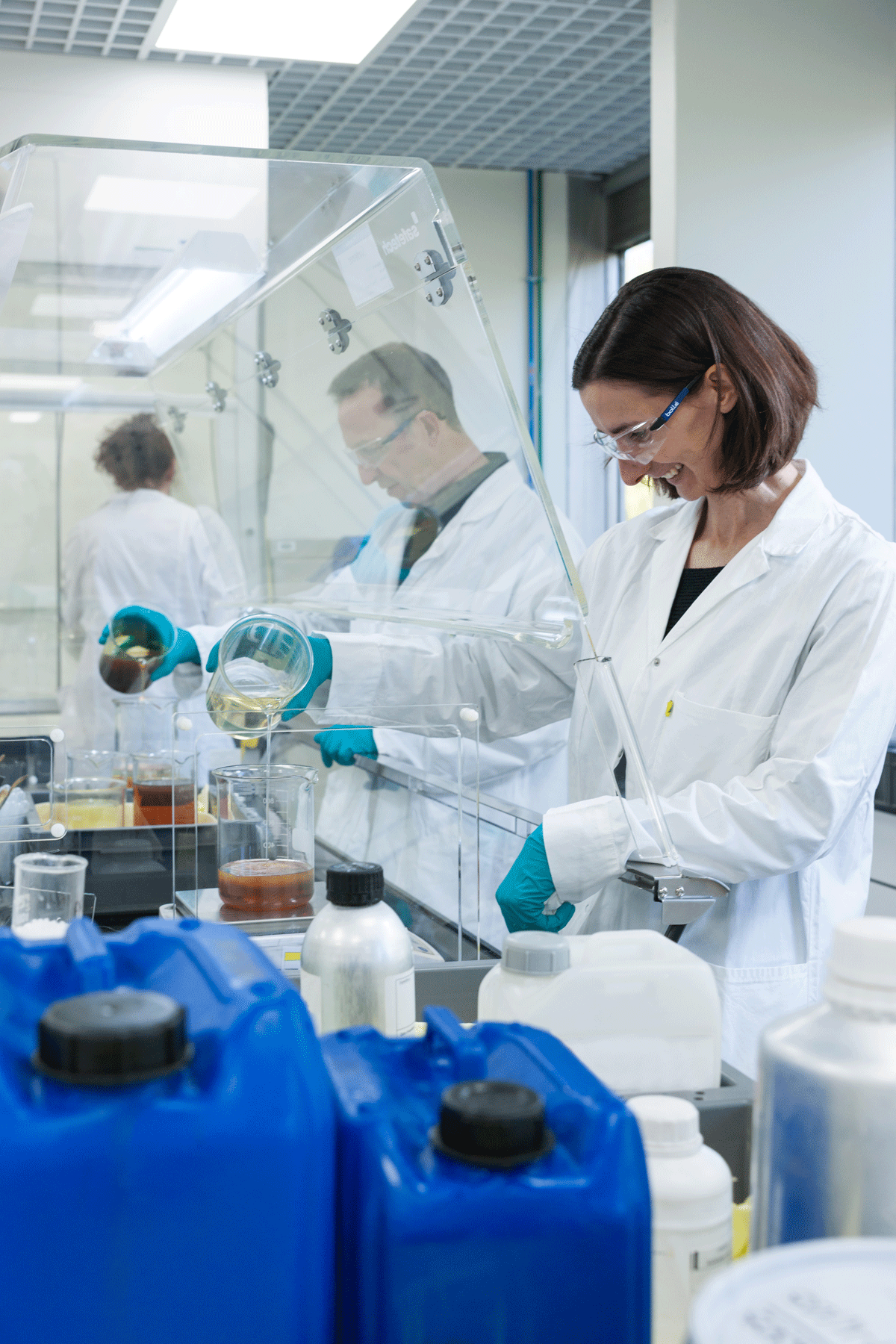
It is possible to view lubricants more or less as a simple commodity – not quite a raw commodity, but substances that can be easily extracted from the refining tower and put into barrels. In fact they are far more – complex and intricate substances designed and crafted by expert research engineers.
Valerie Bijot, Total Lubmarine’s marine manager for France and Africa explains: “Our research chemists deal with complexity in the lab so that customers don’t have to on-board their vessels. However because of the reduced complexity that customers are exposed to, their perception of lubricant make-up and the accompanying pricing structure sometimes needs to be clarified.”
Lubricants are composed of a base oil and chemical additives. Chemical additives form the active, functioning element to any lubricant – without them, the chemistry crucial to efficient lubrication could not take place. A base oil on its own would be unable to neutralise acids and deal with deposit build-up in engine cylinders. Actually feeding pure base oil into an engine would result very quickly in loss of propulsion, fire and catastrophic engine damage.
Total Lubmarine’s research engineers spend the majority of their time scoping and designing additives, working in tandem with chemical companies, some large and others niche in order to create the optimum blends to cater for all types of engines, fuels and styles of ship operation.
65 blending plants in strategic locations enable formulations of base oil and additives to be mixed into finished lubricants close to a vessel’s location. This means that products delivered by Total’s expert logistics network are fresh upon arrival at customers’ vessels.
While the price of base oil used in marine lubricants moves up and down with the barrel price, the cost of additives is at best stable and all too often on the increase. Large chemical companies producing additives with a good market share are able to maintain prices at steady levels, while niche additive suppliers can charge a premium for customised products.
Commercial director Andrew Knox comments: “Low oil prices do not automatically equal reduced lubricant prices. Additives account for between 50 percent and 80 percent of product cost – because of this there is often little room to reflect the reduced oil price in our lubricant costing. Were we to lower the quality and speciality of additives, customers’ engines would soon be showing the effects and the ensuing repair or replacement costs would be substantial, not to mention the cost of disruption to their operations.”
Total Lubmarine’s marine managers understand the cost pressures faced by customers and are always ready to explain pricing structures and lubricant composition, but also to arrange meetings and ship visits for clients with Total marine engineers who are trained to advise clients on optimum lubricant combinations and cost saving measures that can be safely implemented.
Total Lubmarine’s physical presence across the world means that customers can rely on its support network wherever their vessels are and can rest assured that help and advice are never far away, along with high quality lubricants.


